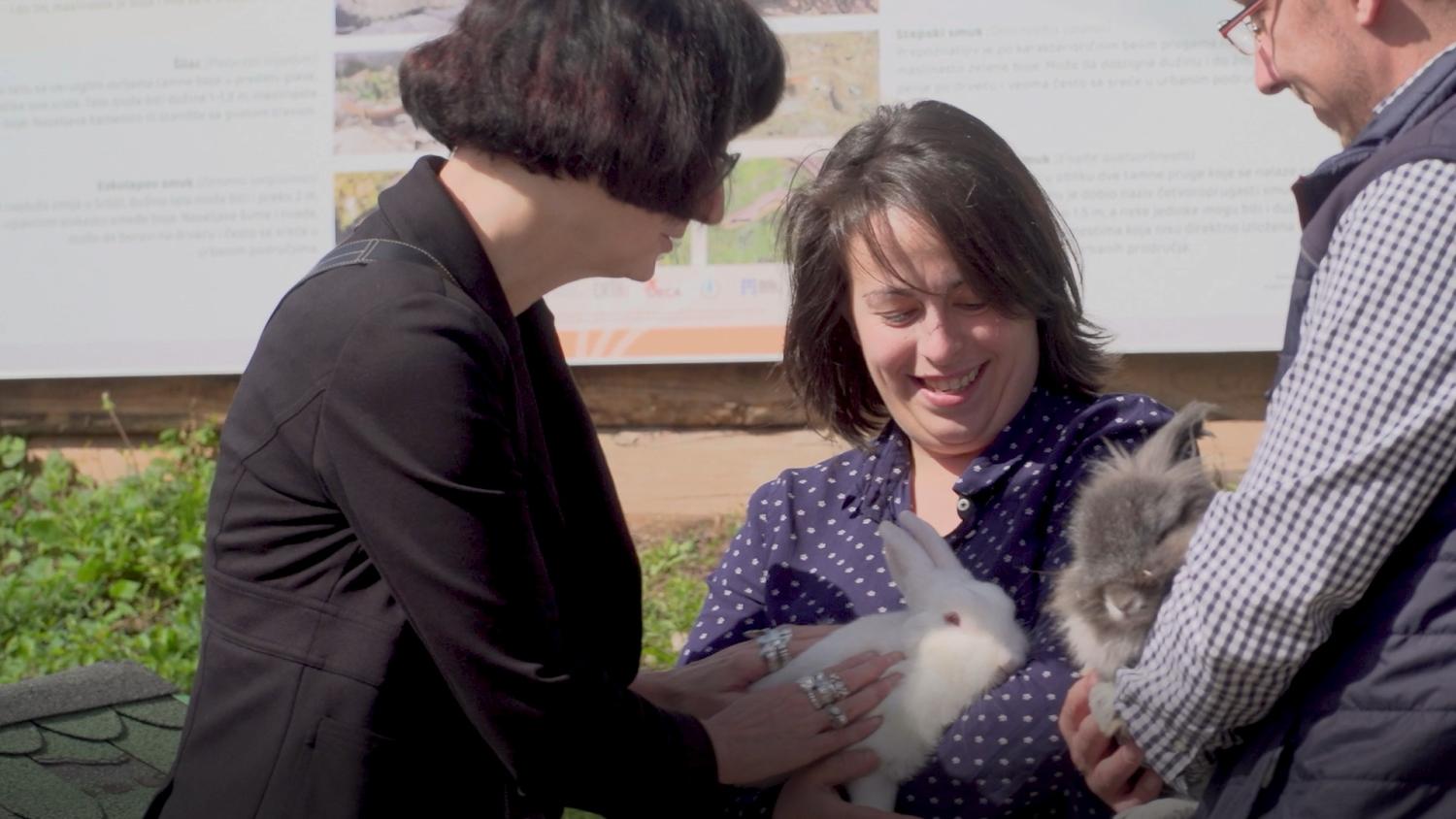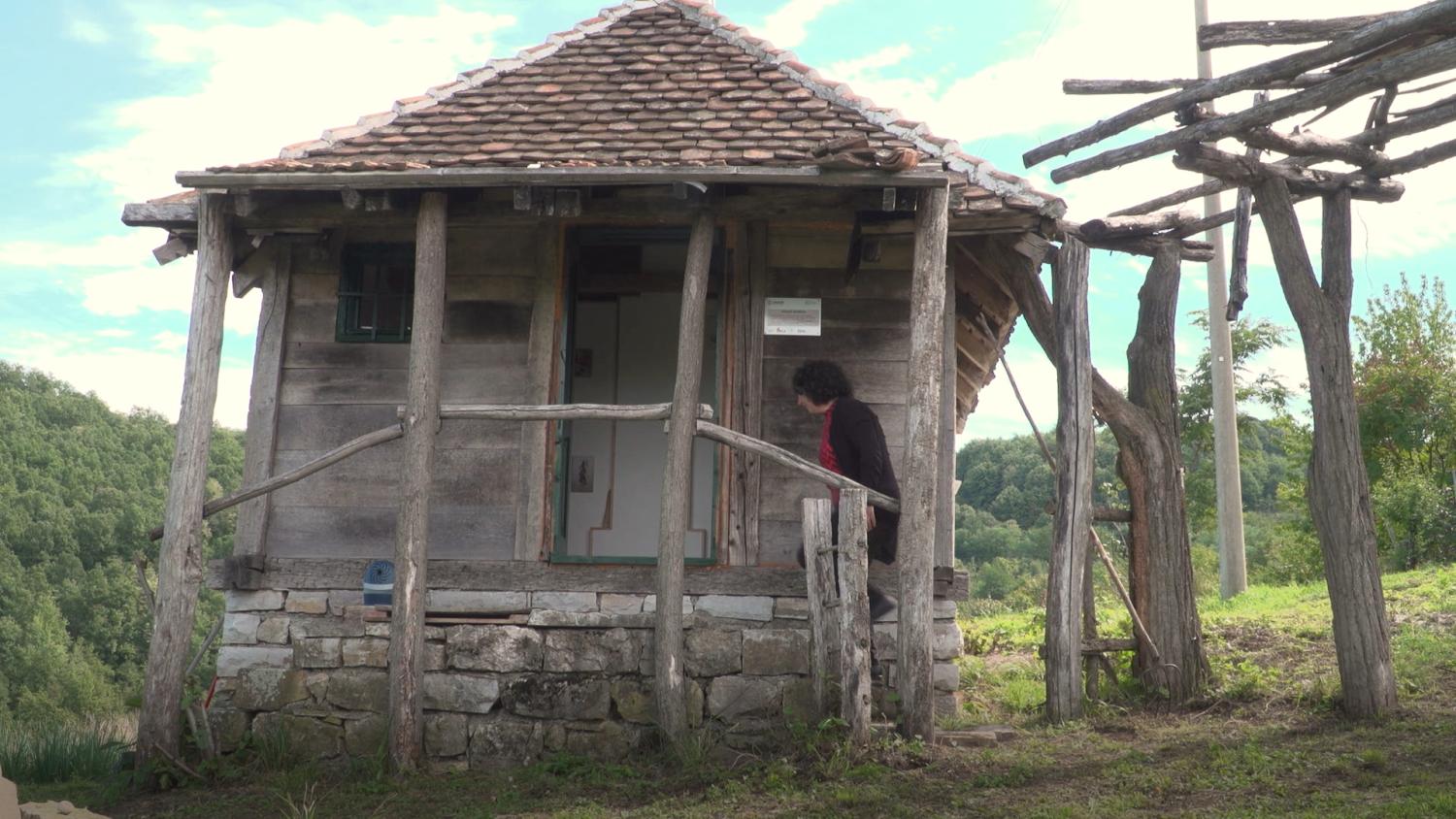How to Work with Local Partners: Top 5 Lessons from the USAID/Serbia Local Works Experience
Since 2015, USAID’s Local Works (LW) program has supported locally led development programming in over 30 countries and enhanced the Agency’s ability to empower local actors to lead their own development. With five-year discretionary funds, Local Works provides Missions more time and greater freedom to pursue locally led programming and innovative ways of working. Through its LW program, USAID/Serbia has successfully advanced democracy and governance objectives under six activities, all implemented through direct partnerships with Serbian organizations. Their experience carries useful lessons for how USAID Missions can interact with local partners to facilitate their work toward sustainable development results. A recent internal evaluation examined these lessons, a few of which are shared here.

Lesson 1: Listen to local ideas during activity design to build lasting trust.
The Mission engaged in a process of co-creating program descriptions with local partners before issuing awards. Notably, this wasn’t just typical negotiations with partners under the “co-creation” label, but a commitment to respecting local expertise. There was space for partners to define and defend their own problem statements, priorities, and approaches, as well as to challenge USAID’s assumptions. Disagreements were resolved through conversation and compromise, rather than defaulting to USAID’s priorities. Partners didn’t feel that they needed to defer to USAID, but rather reported that USAID was open to respecting their expert opinions in their fields: rule of law, local advocacy, and philanthropy, among others. This process built trust during the design phase, which built the foundation for a trusting relationship between USAID and partners throughout implementation, advancing partners’ ownership over their activities. This stands in contrast to program designs that begin with a spirit of meeting USAID’s demands - a spirit that then carries over to implementation.
Lesson 2: Be flexible and build flexibility into awards.
The Mission crafted LW awards - which were Cooperative Agreements - to be adaptive to changes in context and programmatic learning by keeping the program descriptions to less than ten pages and leaving details to work planning. Agreement Officer Representatives (AORs) supported updates to work plans throughout activity implementation, and all six partners reported that USAID was very flexible, provided partners had a logical reason for changes in the work plan. The process consisted of an informal discussion between the AOR and the partner regarding necessary adjustments. Once an agreement was reached, the partner followed up by email outlining the conclusions. The AOR would provide written agreement (via email) and ask that the work plan be amended to reflect the changes. Thus, LW partners had initial approval and could move forward with changes to implementation without being delayed by formal approvals. Four of six partners reflected that the ease with which they could make changes to their work plans allowed them to respond to emergent opportunities and needs.
“This was the most flexible program that we have had in our 24 years of existence. That’s really true. It’s really helpful because we actually answer to the needs of Serbia.” - Local Works partner

Lesson 3: Remember that USAID processes are unique, and can be hard to understand.
USAID staff engaged partners with a nurturing approach, walking alongside them as they learned to navigate USAID’s processes and award requirements. AORs in the technical office - as well as staff in the Office of Acquisition and Assistance (OAA) and Office of Financial Management (OFM) - felt that partner capacity strengthening was core to their professional roles. Prior to award, OAA staff walked partners through responding to a Request for Application (RFA). During the pre-award assessment process, OAA and OFM staff problem-solved with new partners to help them in overcoming barriers - rather than seeing them as insurmountable disqualifiers for USAID funding, or leaving the partners to achieve compliance on their own.
After funds were awarded, the Mission team worked closely with partners as they figured out financial reporting and MEL requirements, and mentored them to strengthen the quality of their written reports and public communications. Staff reported that working with new, local partners unfamiliar with USAID processes is challenging, but also stimulating. They shared that it is gratifying to see these organizations’ deliverables improve over time through mentorship.
Lesson 4: Let local staff lead.
The LW awards were managed by Serbian Foreign Service National (FSN) staff, which benefited the activities by facilitating relationships of trust and open communication between USAID (especially AORs) and local partners. The FSNs in Serbia were connected and embedded in the civil society ecosystem in a sustained way that American Foreign Service Officers (FSOs) who rotate cannot be, which enabled them to develop longer-term relationships with local organizations. FSNs could also understand the differences in attitudes between USAID, local organizations, and local communities, which contributed to more fully understanding local partners’ perspectives. Lastly, FSN management of activities as AORs contributed to the open communication between USAID and partners. While partners might hesitate to call an FSO, they are more likely to communicate openly with an FSN. All six LW partners in Serbia expressed appreciation for open communication with their AORs, as well as the open-door policy of the local Acquisition and Assistance Specialist. Partners reported they were available anytime via phone or email as they muddled through their pre-award assessments.
“My job was to facilitate, not be in the lead of development. I will never understand the context like FSNs. If I can give them the space and resources to make those contacts and work better in the context, that’s something important.” - Foreign Service Officer
Lesson 5: Tap into staff passion for locally led development.
Local staff at USAID/Serbia are passionate about the locally led development approach, believing it is the best way to do development work. They asserted that there should be something left when the donors leave, and that necessitates strengthening local networks and building on existing work. Given their existing connections and sustained presence in-country, local organizations are better positioned than international partners to do that. This belief in the value of local partnerships fueled staff commitment to mentoring local partners and listening to their knowledge, even when it took more time. Furthermore, this belief was supported by FSO leadership, who provided space for local staff to play this mentorship role.
“We need to ask why we’re here and translate it into our daily process…is it only the money or reputation of working for the USG? Or is it facilitating development of a country toward a more resilient democracy? Which is why I’m here. And then I translate that into smaller tasks of working with local organizations.” - Foreign Service National
These lessons on working with local partners arose from an internal evaluation (USAID internal only) of USAID/Serbia’s Local Works program. The evaluation examines the enablers and constraints to locally led development practices in the Mission. If you have questions, comments, or reactions to this product, we’d love to hear them! Email Amanda Satterwhite ([email protected]) and the Local Works team ([email protected]).



